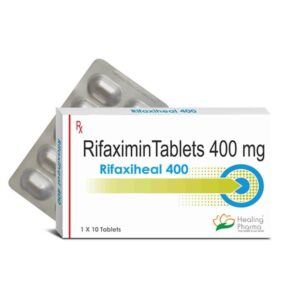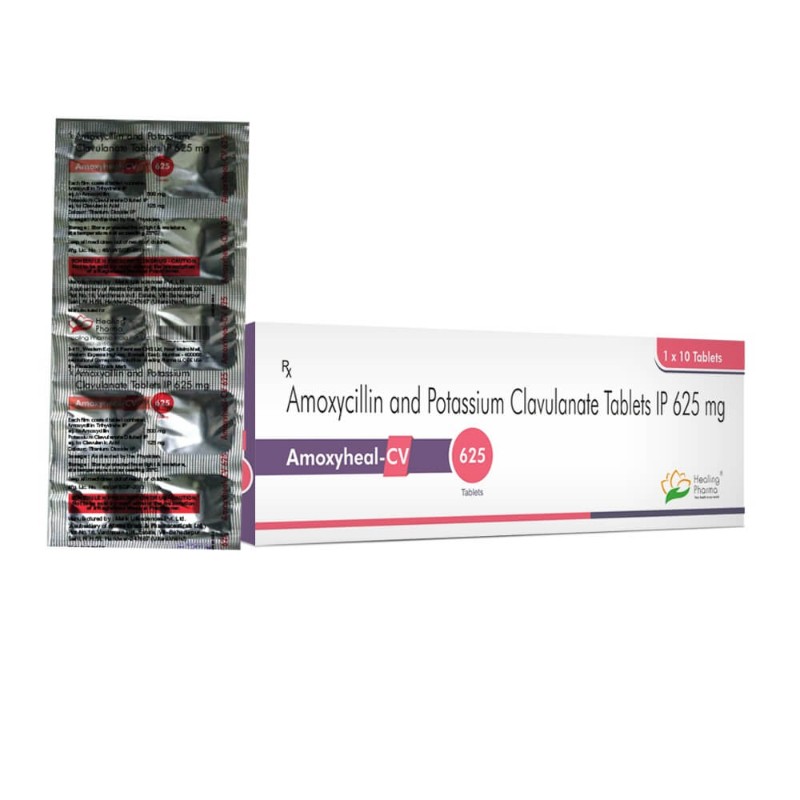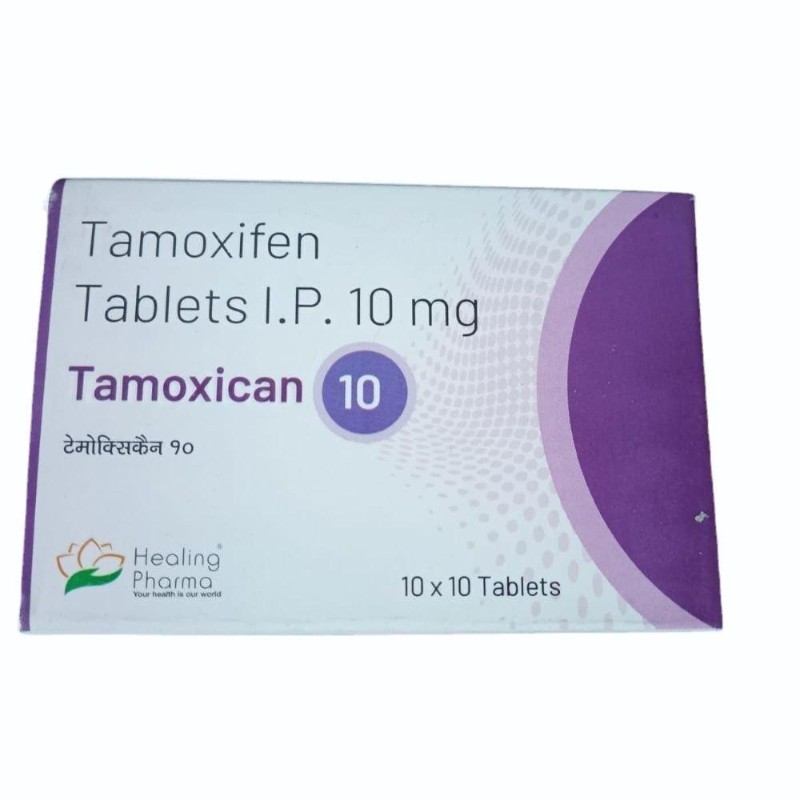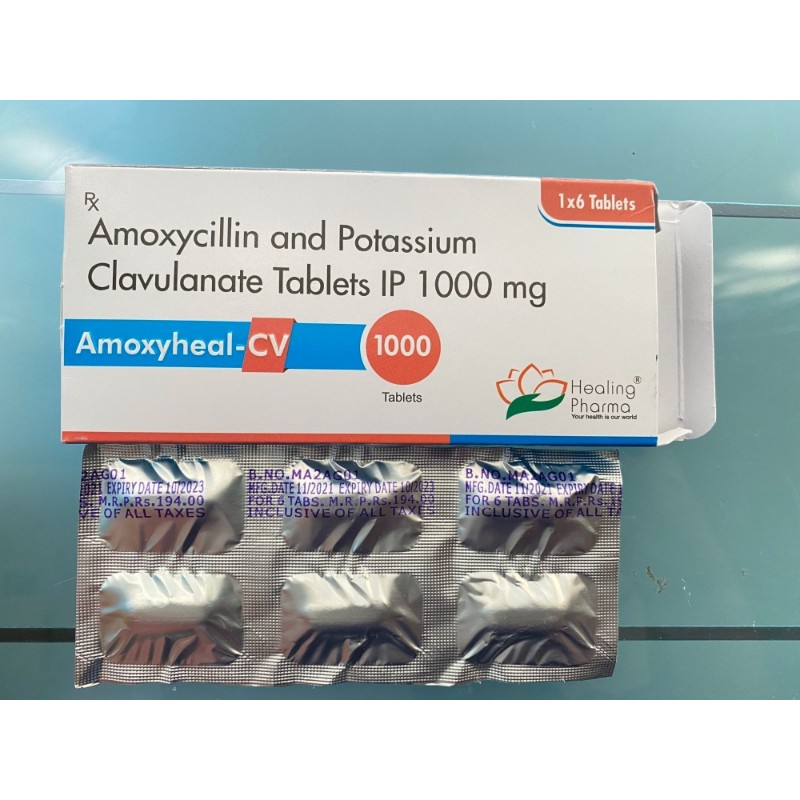Description
Rifaximin: An Effective Antibiotic for Treating Gastrointestinal Disorders
What is Rifaximin?
Rifaximin is a broad-spectrum antibiotic that is primarily used to treat gastrointestinal (GI) conditions. It works by inhibiting the growth of harmful bacteria in the intestines, making it effective for treating conditions like traveler’s diarrhea, irritable bowel syndrome (IBS) with diarrhea, and hepatic encephalopathy.
How Does Rifaximin Work?
Rifaximin belongs to a class of antibiotics called rifamycins. It works by interfering with bacterial RNA synthesis, effectively stopping bacteria from multiplying. This action helps to eliminate the infection and reduces the symptoms caused by harmful bacteria.
Common Uses of Rifaximin
-
Traveler’s Diarrhea: Rifaximin is commonly prescribed for the treatment of traveler’s diarrhea, particularly caused by E. coli bacteria. It helps reduce symptoms like diarrhea and abdominal discomfort that travelers often experience when exposed to contaminated food or water.
-
Irritable Bowel Syndrome (IBS) with Diarrhea: Rifaximin has proven to be effective in managing symptoms of IBS with diarrhea. It works by altering the gut flora and reducing bacterial overgrowth, providing relief from symptoms like bloating, abdominal pain, and diarrhea.
-
Hepatic Encephalopathy: Rifaximin is also used in patients with liver disease to prevent or treat hepatic encephalopathy (a condition where the liver fails to remove toxins from the blood, leading to brain dysfunction). It helps reduce the number of ammonia-producing bacteria in the gut, improving mental clarity.
Rifaximin Benefits
-
Targeted Action: Unlike other antibiotics that can affect the entire body, Rifaximin works mainly in the intestines, minimizing systemic side effects.
-
Minimal Absorption: Rifaximin has very low absorption into the bloodstream, which means it primarily stays in the digestive tract and targets gastrointestinal issues directly.
-
Low Risk of Resistance: Studies show that Rifaximin has a low risk of causing antibiotic resistance, which is a major concern with other antibiotics.
Rifaximin Dosage and Administration
Rifaximin is available in tablet form and is usually taken orally. The dosage depends on the condition being treated and the patient’s medical history. For traveler’s diarrhea, the typical dosage is 200 mg three times a day for three days. For IBS with diarrhea, a common regimen is 550 mg three times daily for 14 days. Always follow your healthcare provider’s instructions regarding dosage and duration of treatment.
Side Effects of Rifaximin
While Rifaximin is generally well-tolerated, some people may experience mild side effects, including:
-
Nausea
-
Headache
-
Abdominal discomfort
-
Constipation
Serious side effects are rare, but if you experience symptoms like severe abdominal pain, yellowing of the skin or eyes, or signs of an allergic reaction, seek immediate medical attention.
Precautions and Warnings
-
Pregnancy and Breastfeeding: If you are pregnant or breastfeeding, consult your doctor before taking Rifaximin. Although it is considered safe during pregnancy, it should only be used when necessary.
-
Kidney or Liver Disease: If you have a history of liver or kidney disease, discuss this with your healthcare provider before starting Rifaximin, as adjustments may be needed.
-
Drug Interactions: Rifaximin may interact with other medications. Always inform your doctor about any other drugs you are taking to avoid potential interactions.
Conclusion
Rifaximin is a powerful and effective antibiotic used to treat various gastrointestinal disorders, particularly those involving bacterial overgrowth or infections. Whether you are traveling abroad and need relief from diarrhea, struggling with IBS symptoms, or managing hepatic encephalopathy, Rifaximin can offer relief while minimizing side effects. Always consult a healthcare professional before starting any new treatment to ensure it’s the right option for you.





Reviews
There are no reviews yet.